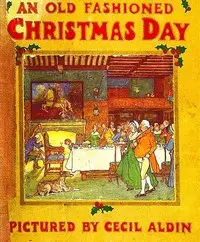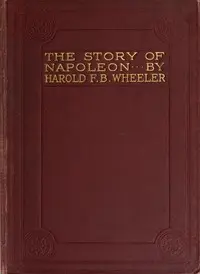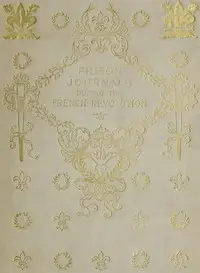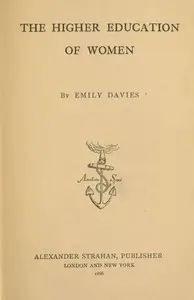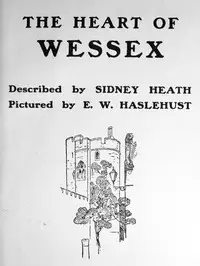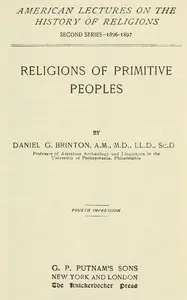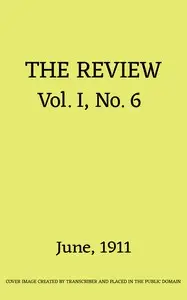"Bracebridge Hall, or The Humorists" by Washington Irving is a collection of humorous essays and sketches written in the early 19th century. The book presents a vibrant portrait of English countryside life through the lens of the Bracebridge family and their friends, focusing particularly on the delightful quirks of its characters and their traditional customs, as observed by the narrator, Geoffrey Crayon. The central piece is a celebration of themes like marriage, social status, and the charm of rural tradition, especially highlighted through the impending nuptials of the young captain Guy Bracebridge and his bride Julia Templeton. The opening of the work introduces the reader to the setting of Bracebridge Hall during a wedding celebration. The narrator reflects on his past visit to this picturesque estate and the warm depiction of the Bracebridge family, emphasizing the charm of its patriarch, the Squire. We are given a glimpse into the preparations for the wedding, establishing a lively atmosphere filled with quirky characters, such as Master Simon, the family's busy and whimsical factotum. The text masterfully conveys the mix of humor and affection the narrator holds for these characters, promising a leisurely exploration of rural life filled with amusing anecdotes and intimate insights into the customs of the time. (This is an automatically generated summary.)

Bracebridge Hall, or The Humorists
By Washington Irving
"Bracebridge Hall, or The Humorists" by Washington Irving is a collection of humorous essays and sketches written in the early 19th century. The book ...
Washington Irving was an American short-story writer, essayist, biographer, historian, and diplomat of the early 19th century. He wrote the short stories "Rip Van Winkle" (1819) and "The Legend of Sleepy Hollow" (1820), both of which appear in his collection The Sketch Book of Geoffrey Crayon, Gent. His historical works include biographies of Oliver Goldsmith, Muhammad, and George Washington, as well as several histories of 15th-century Spain that deal with subjects such as the Alhambra, Christopher Columbus, and the Moors. Irving served as American ambassador to Spain in the 1840s.


